Bible Challenged in Florida School District Due to Explicit Content
The Freedom From Religion Foundation argues that the Bible’s content should lead to it being banned in schools under the same criteria used to censor other texts.

A nontheist advocacy organization is demanding that the Bible be banned from schools in a Florida school district, using the same justification that has been used to censor other literary works.
Christopher Line, a staff attorney for church and state separation watchdog Freedom From Religion Foundation, formally requested the Bible be removed from library shelves in Leon County schools after the district pulled several other titles for mentioning sexual assault.
The books that were banned include Dead End by Jason Myer, Doomed by Chuck Palahniuk, Lucky by Alice Sebold, Me, Earl and the Dying Girl by Jesse Andrews, and Push by Sapphire. All five titles were removed from school library shelves after being challenged by a right-wing activist group that routinely calls for the removal of books that broach topics they deem objectionable, such as LGBTQ identity, race and ethnic identity, racism, and discrimination.
The district’s decision to remove the books aligns with a recently approved provision in the state’s expansion of its infamous “Parental Rights in Education” law — dubbed “Don’t Say Gay” by critics — barring discussions of LGBTQ-adjacent content in schools. Under the law, any person within a county can challenge any book they find to be objectionable, offensive, or inappropriate for minors. Once a challenge is initiated, the book must be immediately pulled from circulation and undergo a review process to determine whether it can be returned to library shelves.
In an open email to the Leon County Schools Superintendent Rocky Hanna, Line outlines several instances of rape, bestiality, and sadomasochism within the Bible. This comes as a response to the District pulling five other books about coming of age tales containing references to, or descriptions of, sexual assault.
“It is our understanding that the District recently banned five books from its libraries based on a request from Moms for Liberty because the books contained ‘sexually explicit content’” Line wrote in the letter. “It is our understanding that the District’s policy is that when someone brings a concerning book to your attention you ‘review them personally and they [are] removed.’
“You have explained that ‘if we come across those we deem are in violation of state statute, we will remove them immediately,’ and that the books you removed were ‘black-and-white, cut-and-dry, need-to-be removed,’” Line’s letter continues.
The Freedom From Religion Foundation noted in its letter that just as the five contested books were removed for broaching the issue of sexual assault, so, too, should the Bible, which contains mentions or descriptions of sexual assault — and often depicts victims who marry their rapists — as well as bestiality, and sadomasochism.
“We write to request that the District either ban the Bible based on the criterion of ‘sexually explicit content’ it has used to ban these books, or cease banning books and return the banned books to school shelves,” Line wrote on behalf of the Freedom From Religion Foundation.
“The District cannot ban books because it disagrees with the viewpoint expressed while allowing other sexually explicit books, like the Bible, because it supports their viewpoint,” Line added.
In his letter, Line seeks to preemptively reject the assertion by social conservatives that banning the Bible, even in compliance with the law, would constitute religious discrimination.
“The District must hold religious texts to the same standards it holds all other library books, review them, and, if they contain the same sexually explicit content as the Bible, must also remove them under the District’s pattern and practice,” Line said in the letter. “Removing the bible for its obscenity or graphic sexual content based on neutral criteria is not religious discrimination.”
While noting that the Freedom From Religion Foundation does not support book bans, Line also argues that Leon County Schools cannot deliberately apply different criteria for book bans simply because conservative administrators and parents may agree with the Bible’s message.
“Because the District has established a standard for inappropriate content that clearly encompasses the sexually explicit materials contained in the Bible, so long as you plan to ban other books, and the books you have already banned remain unavailable, you must be even-handed about your purge and immediately remove the Bible as well.”
Opponents of the expanded “Don’t Say Gay” law’s book banning provisions have criticized the law, arguing that it makes it too easy for any person to challenge a book based on their personal preferences or religious beliefs, rather than a book’s literary merit. Critics have also argued that the law will be used disproportionately to suppress books that either deal with LGBTQ or racial identity, contain diverse characters, or are written by authors who are LGBTQ or Black, indigenous, or people of color.
“The ‘inappropriate’ sections of the majority of books targeted by groups like “Moms for Liberty” are typically minor parts of books that have literary value. Reading takes time, and understanding books critically takes even more thought. Those who propose book bans target gullible audiences with selective material,” Line writes in the Freedom From Religion Foundation’s letter continues.
“Much of the book banning impetus is manufactured, with pre-made lists of books and quotes circulated by self-righteous grandstanders who are hostile to critical thinking,” the letter continues. “In short, the current wave of book banning is not about protecting children, it is about discouraging thought.”
“We don’t believe any books should be banned, including the Bible,” Line told the Tallahassee Democrat in an interview. “In cases like this where a school district appears to be using a footpath to discriminate, we demand that they apply that equally across the board to all books that have sexually explicit content, including the Bible.”
This is not the first time the Bible has been challenged on similar grounds. Florida has seen five official challenges and was removed in only one instance, in Escambia County, in Florida’s panhandle, last fall, only to be quickly returned to shelves.
The Bible was also removed from Davis School District in Utah after FFRF submitted another claim. After community backlash, it was returned.
Priscilla West, the chair of the Leon County chapter of Moms for Liberty, told the Tallahassee Democrat that she didn’t believe that the district would ultimately ban the Bible, noting that — unlike the banned books — children’s parents would likely choose to expose their children to the Bible’s content outside of schools.
“Those who would prematurely sexualize other people’s children in schools, also do not want children exposed to the Bible,” she said, taking a dig at critics of her group’s censorship efforts.
“I don’t foresee LCS Board members taking a stand to remove the Bible from school libraries, but even if they did, would it make any difference in the children’s daily educational experience?” West continued. “Happily, in this country, the Bible would still be widely available outside of schools to all who choose to enrich themselves with its wisdom.”
The Leon County School Board has yet to weigh in on the Freedom From Religion Foundation’s challenge. Chris Petley, a spokesperson for the school district, told the Tallahassee Democrat that the board would review the request and make a formal statement at a later time.
The school board recently met on July 24 to hear a challenge to the children’s book I Am Billie Jean King, by author Brad Meltzer, which covers the life story of the famed tennis star. Katie Lyons, the mother who challenged the book, argued that she did so not because King is a lesbian but because the book defines what sexual orientation is, which is both inappropriate for elementary school students and violates Florida’s ‘Don’t Say Gay’ law. The board ultimately rejected Lyons’s challenge and will allow the book to return to school library shelves next term.
Support Metro Weekly’s Journalism
These are challenging times for news organizations. And yet it’s crucial we stay active and provide vital resources and information to both our local readers and the world. So won’t you please take a moment and consider supporting Metro Weekly with a membership? For as little as $5 a month, you can help ensure Metro Weekly magazine and MetroWeekly.com remain free, viable resources as we provide the best, most diverse, culturally-resonant LGBTQ coverage in both the D.C. region and around the world. Memberships come with exclusive perks and discounts, your own personal digital delivery of each week’s magazine (and an archive), access to our Member's Lounge when it launches this fall, and exclusive members-only items like Metro Weekly Membership Mugs and Tote Bags! Check out all our membership levels here and please join us today!








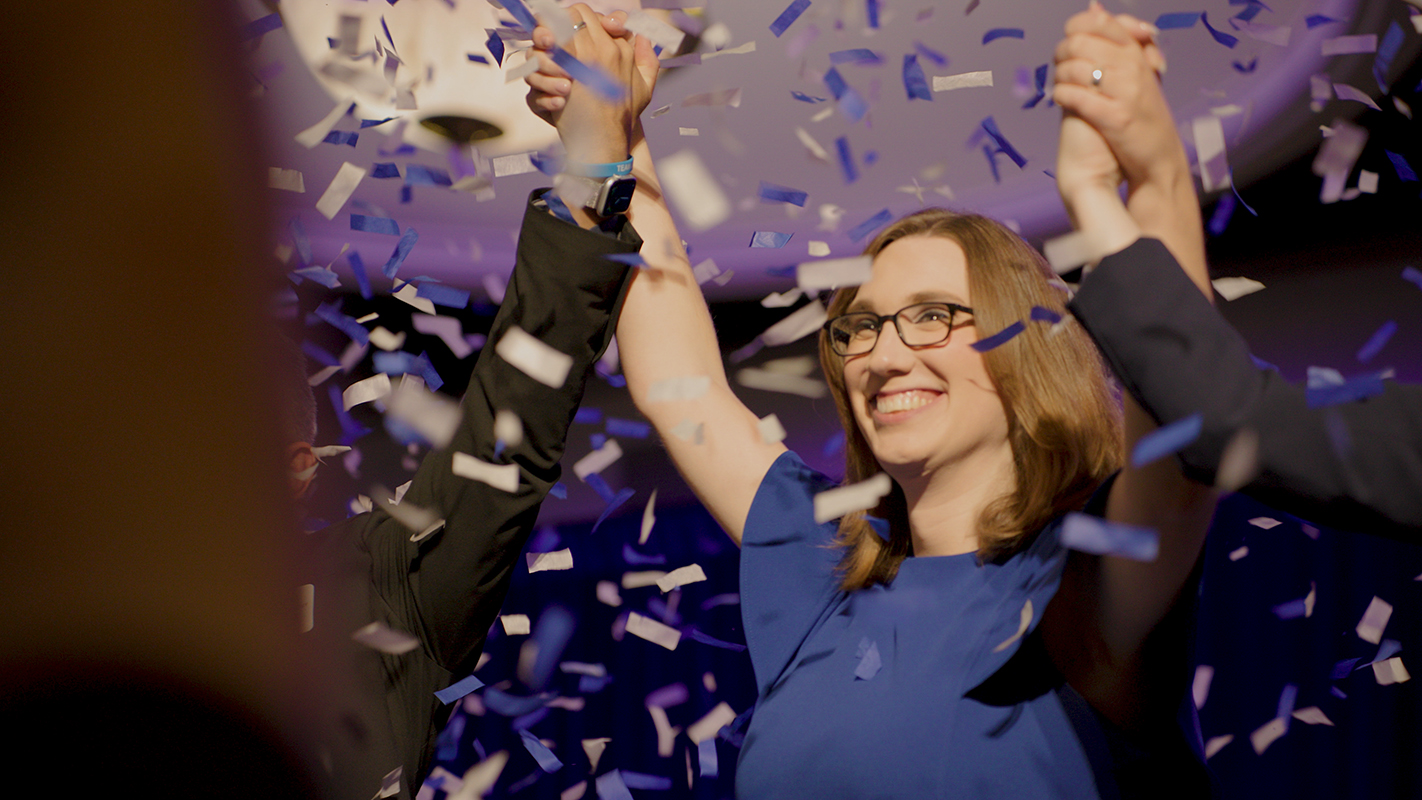
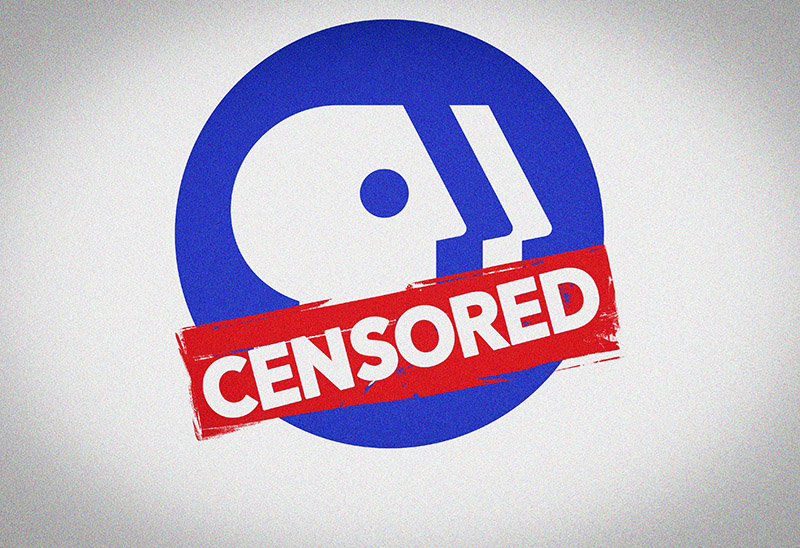
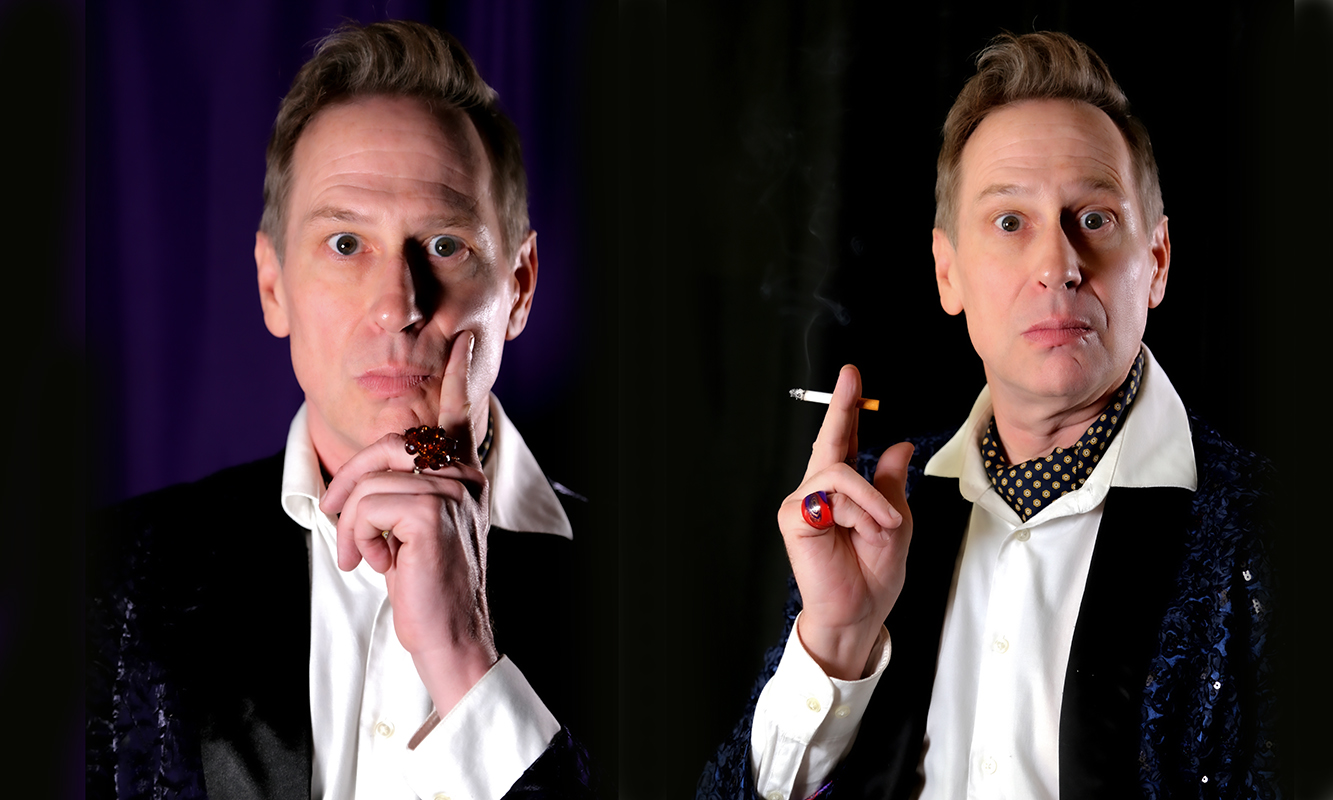














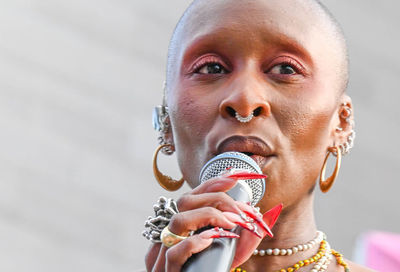

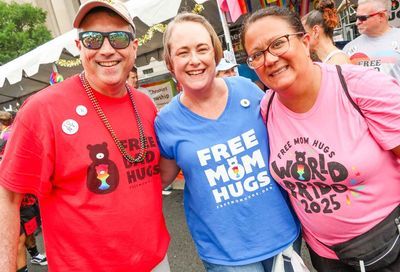


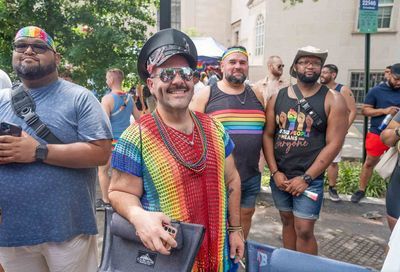



You must be logged in to post a comment.